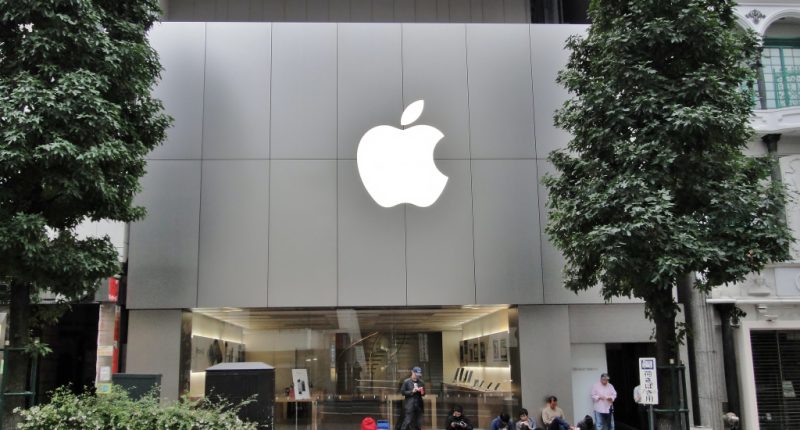App Store continues to be a point of contention for Apple – this time, a class-action lawsuit has been filed against the iPhone-maker over allegations of abusing its dominant position in the app marketplace. The trial, set to last seven weeks, seeks over £1.5 billion ($1.8 billion) in damages on behalf of nearly 20 million iPhone and iPad users in the UK who claim they were overcharged for app purchases and in-app services due to Apple’s App Store policies.
The newest lawsuit is the latest in a long wave of scrutiny Apple is facing across the globe, attracting the ire of regulators across multiple countries. The European Commission recently accused the company of anti-competitive practices, leading Apple to later announce that European iPhone users could delete the App Store and access rival platforms. In addition to this lawsuit, Apple is also contending with a £785 million claim in the UK brought by app developers over similar allegations.
The current lawsuit is being led by Rachael Kent, a lecturer at King’s College London. It is alleged that Apple has created a monopoly by requiring app developers to distribute their apps exclusively through the App Store on iOS devices. Central to the lawsuit is the commission of 30% that Apple charges developers on app sales and in-app purchases – a fee that is claimed to be excessive and which leads to higher costs for consumers. “The App Store was a brilliant gateway for a range of interesting and innovative services that millions of us find useful, myself included. But 13 years after its launch, it has become the only gateway for millions of consumers. Apple guards access to the world of apps jealously, and charges entry and usage fees that are completely unjustified,” Kent claimed.
Kent and her legal team argue that Apple’s practices stifle competition, block rival app stores, and compel developers to pass these costs onto users. Kent’s lawyer, Mark Hoskins, revealed that Apple currently holds a “100% monopoly position” on the distribution of iOS apps and has leveraged this dominance for “exorbitant profits.” “Apple is not just dominant … it holds a 100% monopoly position,” Hoskins said.
For its part, the Cupertino-headquartered tech giant dismissed the allegations, arguing that the fees charged by its App Store are standard across digital marketplaces. The company argues that its commission funds critical services, including security, privacy, and tools for developers. Apple also added that 85% of apps on its platform are free and that many developers qualify for a reduced 15% commission if their annual revenue falls below $1 million. Marie Demetriou, Apple’s lawyer, defended the company’s practices in court filings, stating that the commission reflects “the enormous benefits conferred through Apple’s innovation by the iOS ecosystem as a whole.”
“We believe this lawsuit is meritless and welcome the opportunity to discuss with the court our unwavering commitment to consumers and the many benefits the App Store and Apple’s valuable technologies have delivered to the UK’s innovation economy,” the company announced.
The Tech Portal is published by Blue Box Media Private Limited. Our investors have no influence over our reporting. Read our full Ownership and Funding Disclosure →






